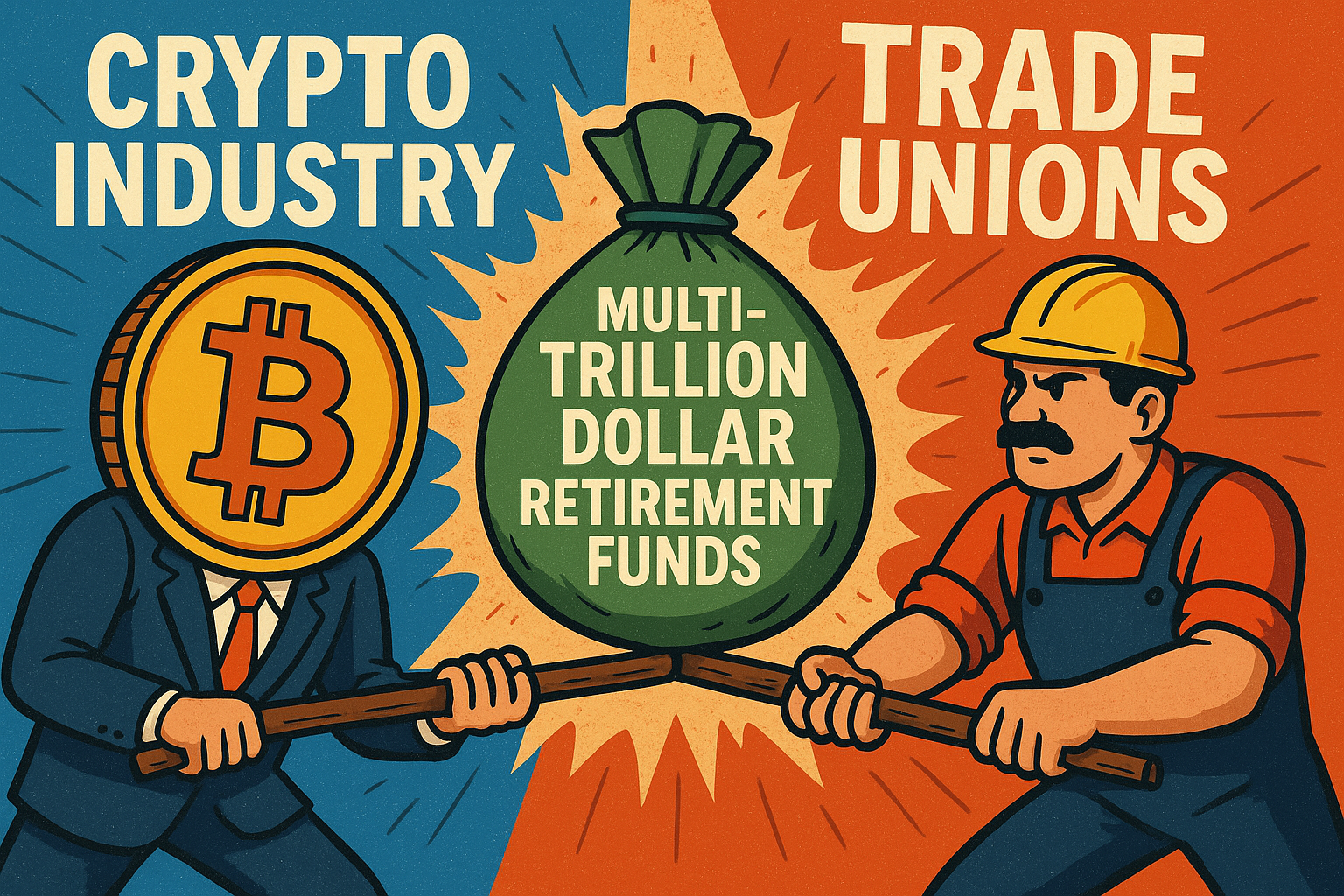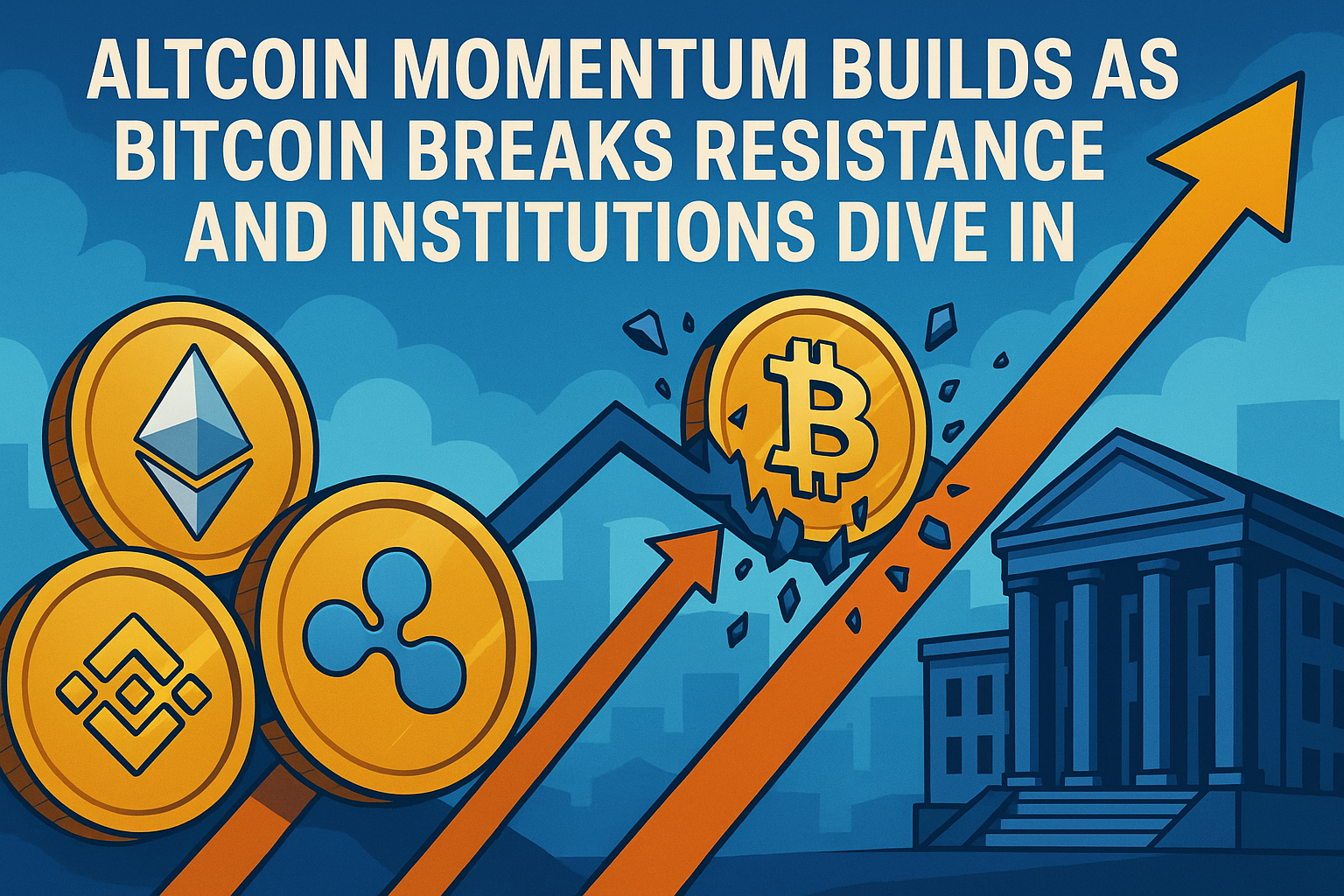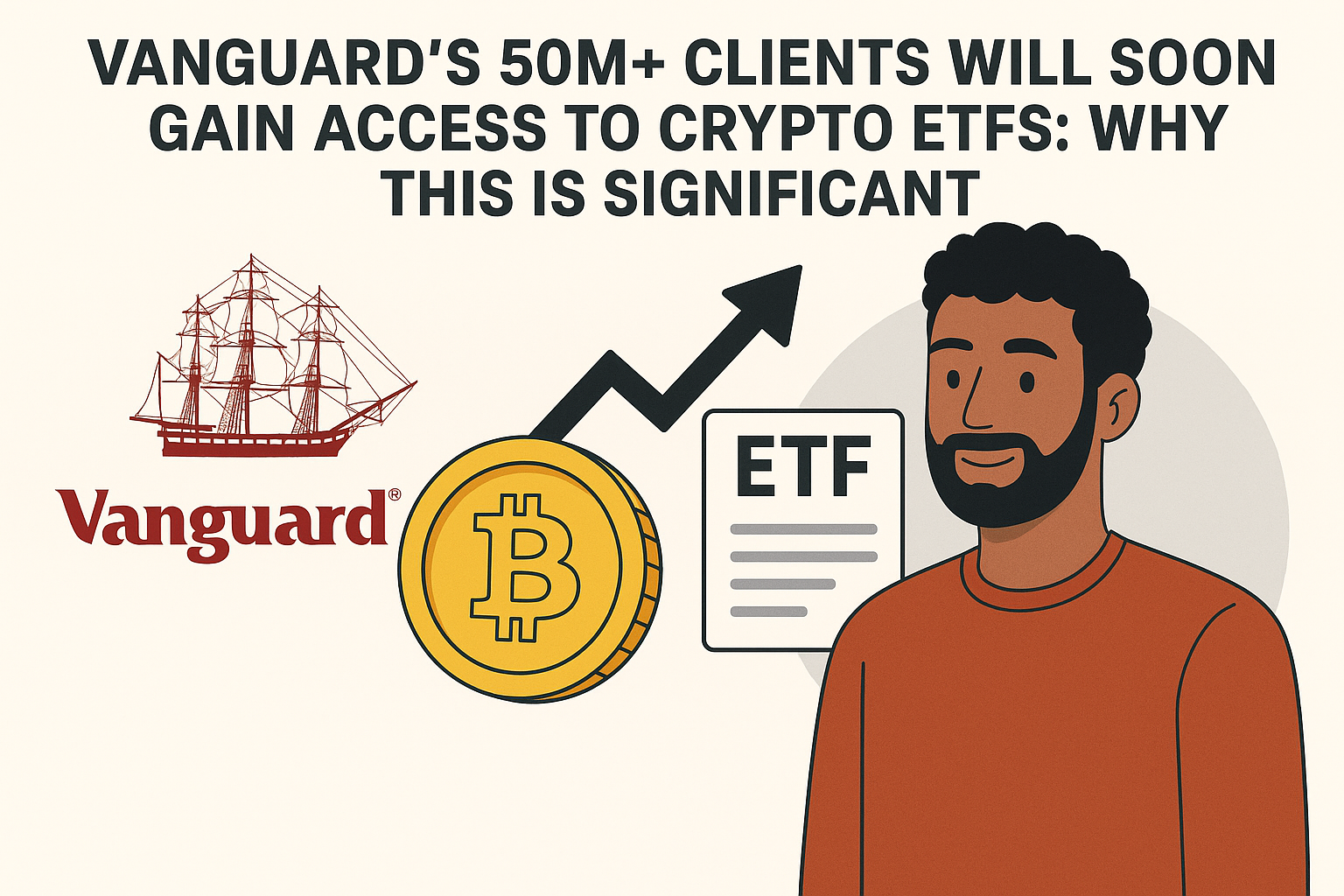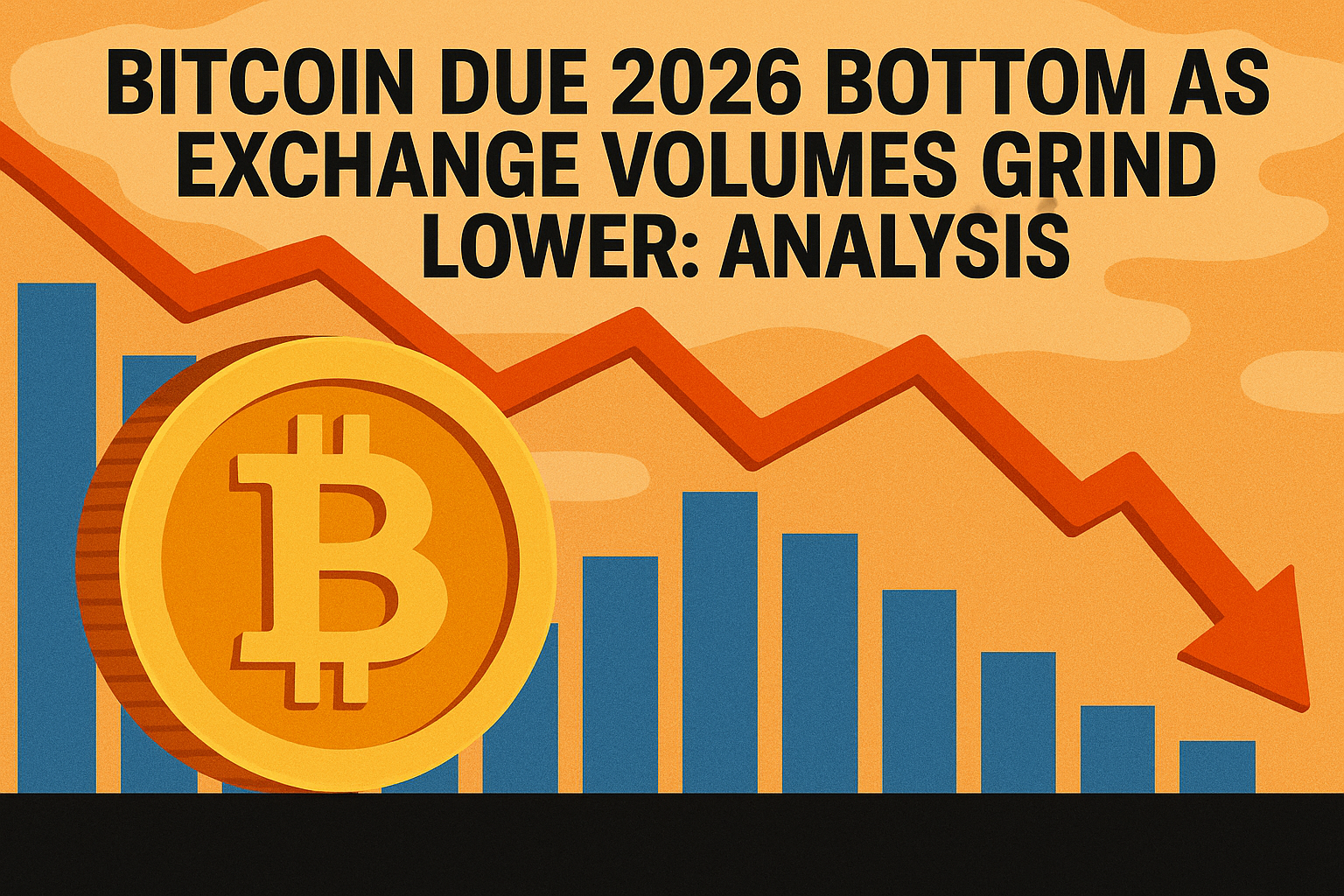Table of Contents
Foreign exchange, often abbreviated as Forex or FX, is a financial market that has deep historical roots, dating back to ancient times. This market has evolved significantly over the centuries and has played a pivotal role in shaping the global economy. Forex brokers, crucial intermediaries in the Forex market, have also emerged and developed in tandem with the market's growth. In this essay, we will explore the historical emergence and evolution of foreign exchange, the role of Forex brokers, their significance in the global economy, and delve into the life and wisdom of one of the most famous Forex investors, George Soros.
Emergence and Development of Foreign Exchange
Foreign exchange can trace its origins to ancient civilizations, where trade between nations required the exchange of one currency for another. The earliest documented evidence of Forex trading dates back to the Babylonian period when merchants exchanged silver for goods across different regions. However, it was the Romans who created the first official currency, enabling standardized trade across their vast empire.
Over the centuries, currency trading evolved through various stages, including the introduction of the gold standard in the 19th century, which pegged currencies to a fixed amount of gold. The Bretton Woods Agreement in 1944 further shaped the modern Forex market by pegging major world currencies to the U.S. dollar.
The real turning point came in the early 1970s when the Bretton Woods system collapsed, allowing currencies to float freely. This marked the birth of the contemporary Forex market, where participants can trade various currencies based on supply and demand dynamics.
Emergence of Forex Brokers
Forex brokers, the intermediaries connecting traders with the Forex market, have a history that parallels the evolution of the market itself. In the past, individuals and institutions often had direct contact with financial institutions and banks to engage in currency trading. However, this process was complex, expensive, and inaccessible to many.
Forex brokers emerged to bridge this gap, offering individuals and smaller institutions the opportunity to participate in the Forex market. These brokers provide trading platforms, access to liquidity providers, and various financial services, making Forex trading more accessible and efficient. With the advent of the internet, online Forex brokers further democratized access to the market, allowing traders from around the world to engage in currency trading with ease.
Role of Forex and Forex Brokers in the Global Economy
The emergence of Forex and Forex brokers has played a crucial role in the development of the global economy. One significant historical event illustrating this impact is the Plaza Accord of 1985. During this agreement, major world economies, including the United States, Japan, Germany, the United Kingdom, and France, collaborated to weaken the U.S. dollar in response to its strength. This coordinated effort led to a significant devaluation of the dollar, benefiting the export-oriented Japanese economy and aiding in the reduction of global trade imbalances.
Forex brokers played a pivotal role in facilitating the massive trading volumes that resulted from this accord. They ensured that market participants had access to the Forex market, allowing them to execute trades based on the shifting currency values driven by the agreement.
George Soros: A Legendary Forex Investor
George Soros is undoubtedly one of the most famous Forex investors in the world. His investment prowess and insights have left an indelible mark on the financial world. Soros' Quantum Fund is renowned for making substantial profits through Forex trading, most notably during the 1992 Black Wednesday crisis in the United Kingdom.
Soros famously shorted the British pound, betting that it would depreciate due to unsustainable exchange rate levels within the European Exchange Rate Mechanism. His wager paid off when the pound crashed, and the Quantum Fund reportedly made over a billion dollars in profit. Soros' investment philosophy often emphasizes market reflexivity, which suggests that market participants' perceptions can influence reality. He stated, "It's not whether you're right or wrong that's important, but how much money you make when you're right and how much you lose when you're wrong."
Soros' wisdom highlights the significance of risk management and maximizing profits when market analysis aligns with trading decisions. This approach has influenced many Forex traders to adopt disciplined strategies in their trading endeavors.
The First Forex Broker in the World
The emergence of the first Forex broker in the world is a pivotal part of the history of currency trading. The concept of a Forex broker, as we understand it today, began to take shape as the Forex market evolved from the gold standard and fixed exchange rates to a more flexible and decentralized system. While the exact identity of the first Forex broker is a matter of historical debate, several firms have been instrumental in shaping the modern Forex brokerage industry.
One of the earliest players in this field was Citibank, which introduced the "World Currency Option" in 1973, allowing clients to trade currency options. Over time, financial institutions like Deutsche Bank and JPMorgan also played a substantial role in facilitating Forex trading by offering their clients access to the foreign exchange market.
Evolution of Forex Brokers
Since the early days of Forex trading, the role of Forex brokers has evolved significantly. These institutions have transformed from being primarily banks and financial entities into specialized intermediaries that cater to a wide range of traders and investors. The advent of online trading platforms in the 1990s marked a significant turning point, as it allowed retail traders to access the Forex market directly.
Today, Forex brokers offer a broad array of services, including trading platforms, educational resources, market analysis, and customer support. They also serve as conduits to liquidity providers, ensuring that traders have access to a deep pool of liquidity and competitive spreads.
What Investors Should Pay Attention to When Choosing a Forex Broker
Selecting the right Forex broker is a crucial decision for traders and investors. Several factors should be carefully considered to ensure that the chosen broker aligns with individual trading goals and preferences. Here are some essential aspects to pay attention to:
- Regulation: Investors should choose a Forex broker that is regulated by a reputable financial authority in their jurisdiction. Regulatory oversight provides a level of security and assurance that the broker operates in a fair and transparent manner.
- Trading Conditions: Evaluate the trading conditions offered by the broker, including spreads, commissions, leverage, and minimum deposit requirements. These factors can significantly impact the cost of trading and the ability to manage risk.
- Trading Platforms: The trading platform provided by the broker should be user-friendly, stable, and offer essential features for analysis and execution. Popular platforms like MetaTrader 4 and 5 are widely used and offer a range of tools for traders.
- Asset Selection: Consider the variety of currency pairs and other financial instruments offered by the broker. The availability of assets can impact diversification and trading opportunities.
- Educational Resources: A good Forex broker should offer educational resources, such as webinars, tutorials, and market analysis. These materials can be invaluable for traders looking to improve their skills and knowledge.
- Customer Support: Efficient and responsive customer support is essential. Traders may encounter issues or have questions that require timely assistance.
- Risk Management Tools: Check if the broker provides risk management tools like stop-loss and take-profit orders, as well as negative balance protection. These features are crucial for preserving capital.
Conclusion
The Forex market has a rich history that dates back to ancient times, and it has gone through numerous transformations to become the largest and most liquid financial market in the world. Forex brokers have played an integral role in making this market accessible to a diverse range of participants. Through events like the Plaza Accord of 1985, we can see how Forex and Forex brokers have shaped the global economy.
George Soros, one of the most famous Forex investors, has demonstrated the potential for remarkable profits in the Forex market, underlining the importance of risk management and maximizing gains. His insights continue to inspire traders worldwide.
As Forex trading continues to evolve in the digital age, its historical significance and the lessons of renowned investors like George Soros remain valuable for traders and investors seeking success in this dynamic and ever-changing financial landscape.








